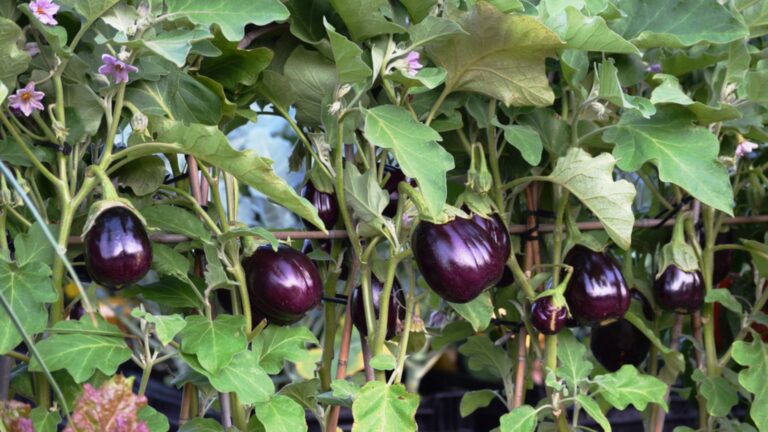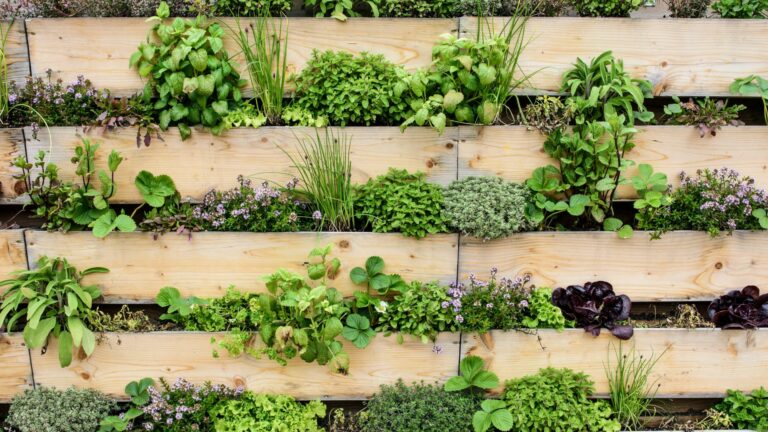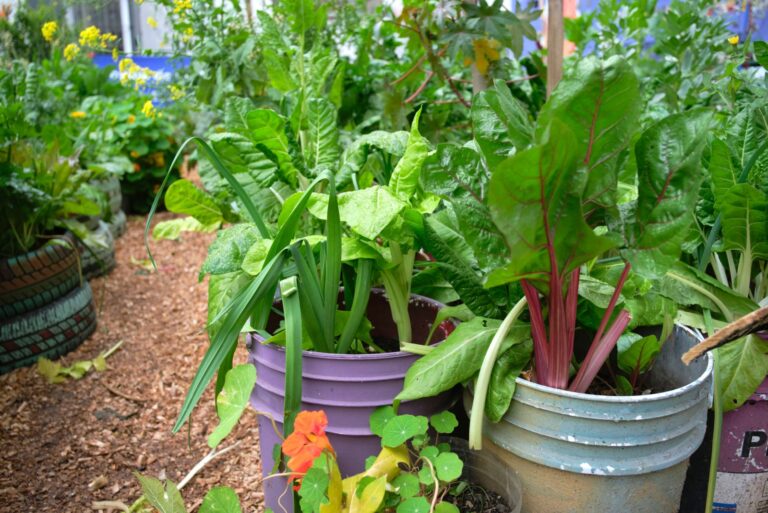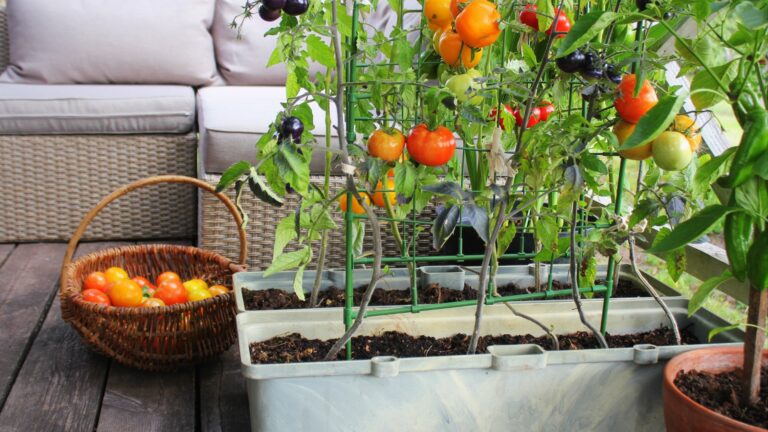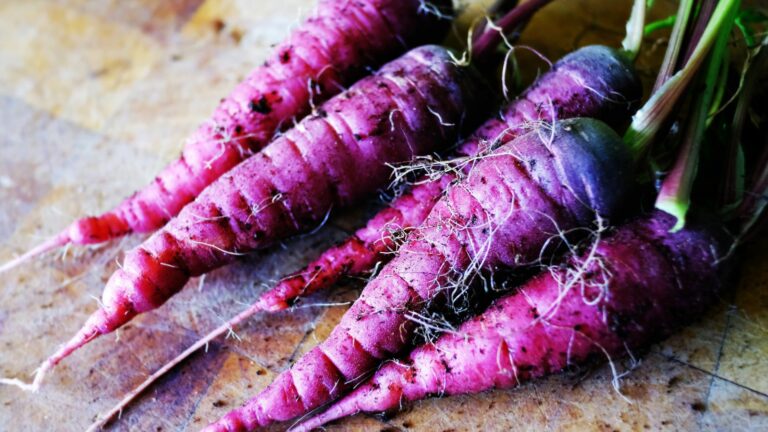Plant These 18 Veggies In Georgia Now For A Christmas Harvest
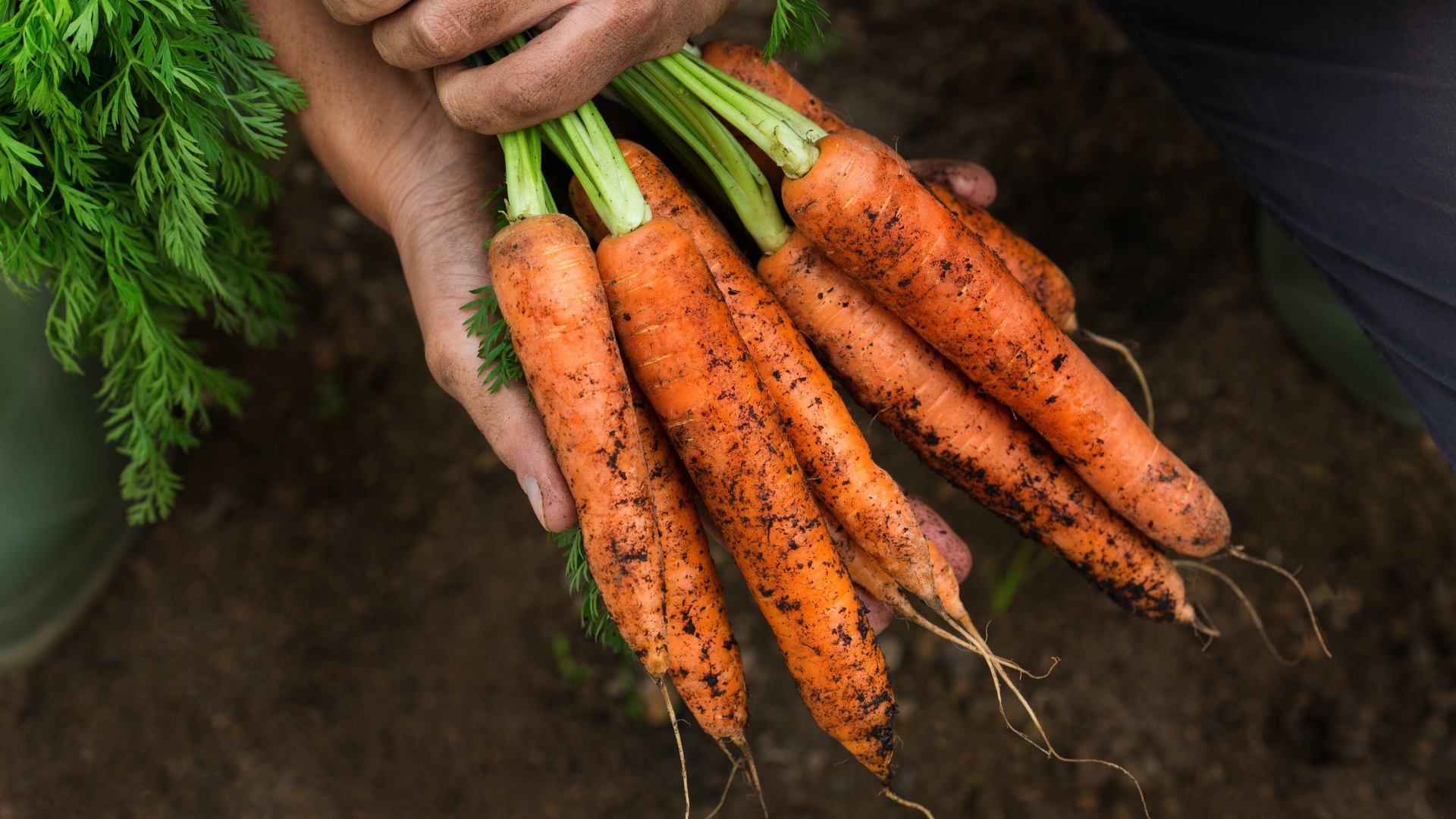
Ready to grow something special this season in Georgia? Planting these 18 veggies right now sets you up for a bountiful Christmas harvest.
It’s the perfect way to enjoy homegrown flavors during the holidays without the winter grocery rush. With the right timing and care, your garden will be bursting with fresh veggies when it counts most.
Let’s make this holiday season delicious and green!
1. Kale
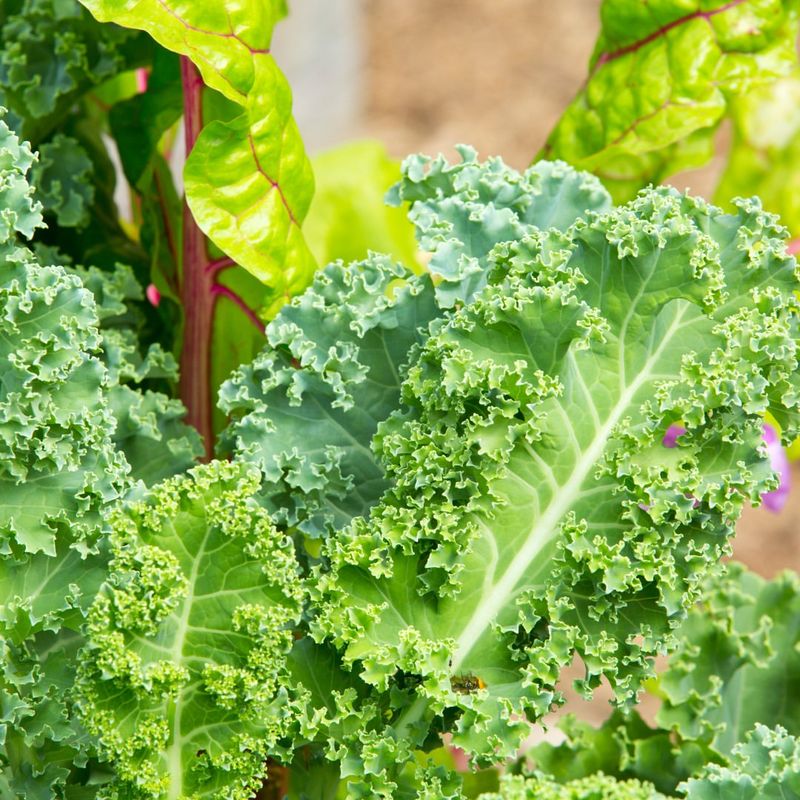
Hardy and nutritious, kale thrives in Georgia’s cooler temperatures. Many Georgian gardeners consider it the champion of winter greens because it actually tastes sweeter after a light frost.
Plant it now in well-drained soil with plenty of compost. The Peach State’s climate allows kale to produce beautiful, crinkly leaves throughout the winter months that are perfect for hearty holiday soups.
2. Carrots
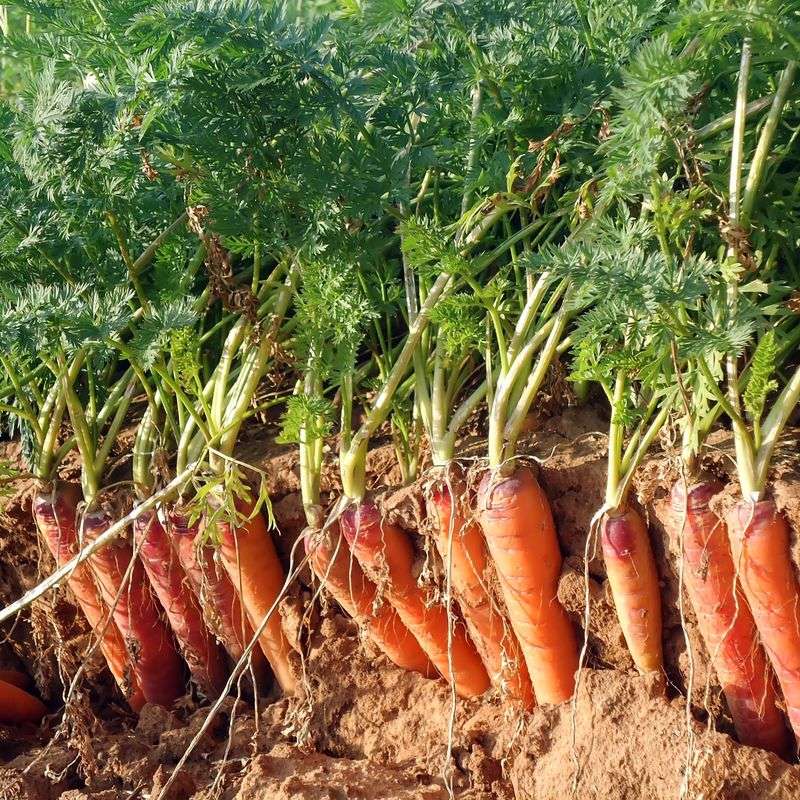
Sweet and crunchy, carrots store natural sugars as temperatures drop. Georgia’s sandy loam soils in many regions create ideal conditions for developing straight, uniform roots without obstruction.
Sow seeds now and thin carefully as they emerge. By Christmas, the Peach State’s moderate climate will have helped produce tender, vibrant orange carrots perfect for roasting alongside your holiday turkey.
3. Spinach
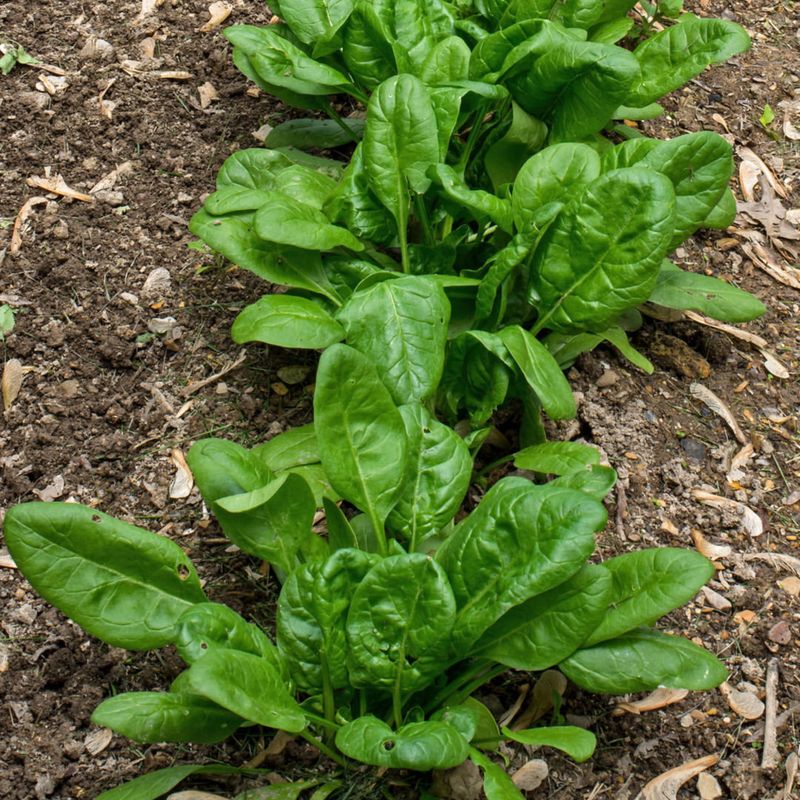
Fast-growing and versatile, spinach loves Georgia’s mild winter conditions. Unlike summer-grown spinach that bolts quickly, winter spinach stays leafy and productive for months in the state’s forgiving climate.
Direct sow seeds now for continuous harvests through December. Georgia gardeners often find their spinach beds become more productive as temperatures cool, providing fresh, tender leaves for holiday salads and side dishes.
4. Broccoli
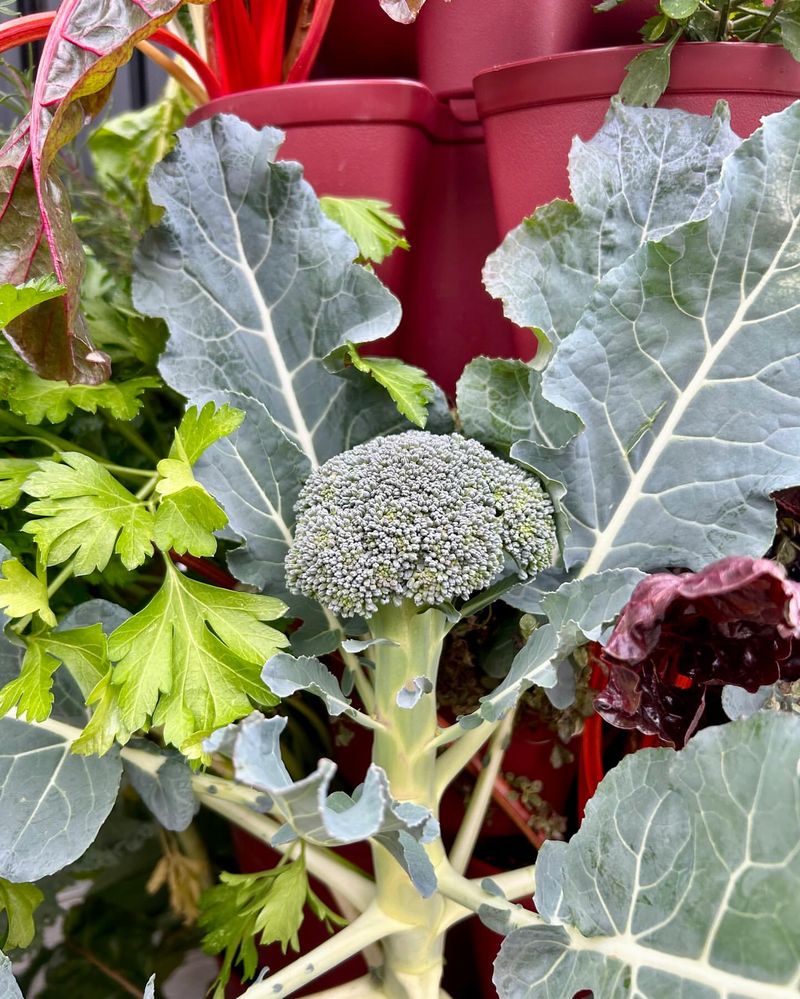
Substantial and rewarding, broccoli develops tight, flavorful heads during Georgia’s cool season. The moderate winter temperatures across the state encourage slow, steady growth without the bitterness that heat can cause.
Start with transplants now for perfect timing. Georgia’s climate allows broccoli to mature beautifully by December, and after harvesting the main head, side shoots will continue producing well into the new year.
5. Radishes
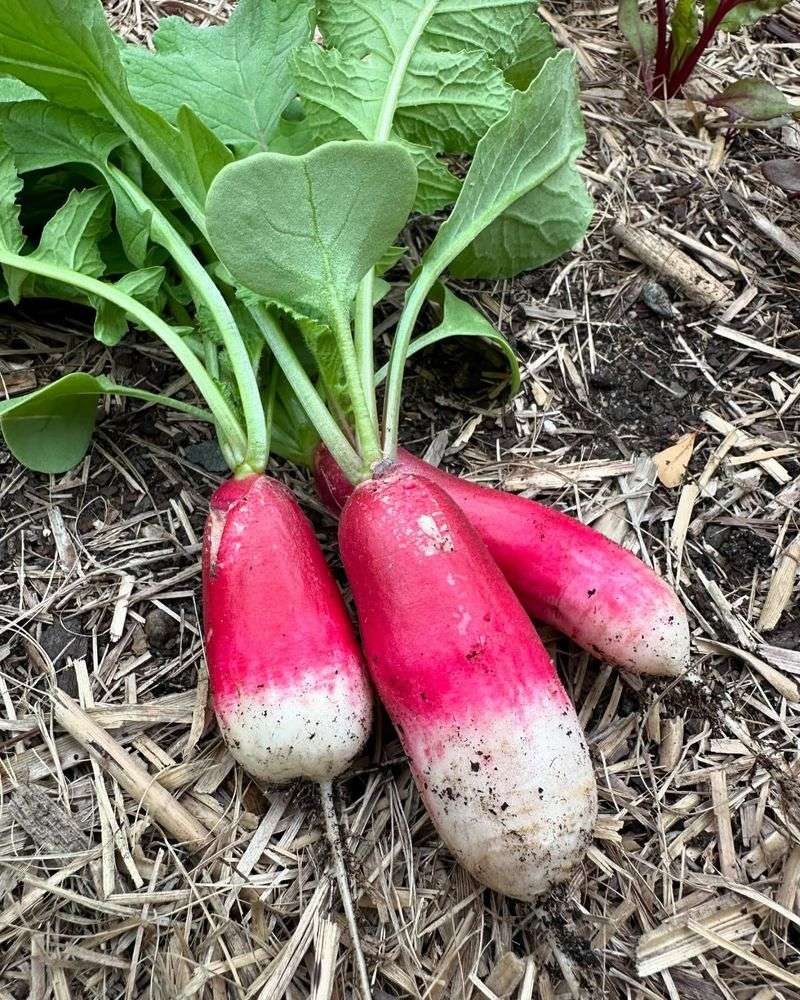
Quick to mature, radishes offer almost instant gratification in the winter garden. These crisp root vegetables can go from seed to harvest in just 25-30 days, even in Georgia’s cooling autumn weather.
Plant successively every two weeks for continuous harvests. Georgia gardeners appreciate how these peppery gems thrive in the state’s mild winters, adding bright color and zesty flavor to holiday relish trays and salads.
6. Lettuce
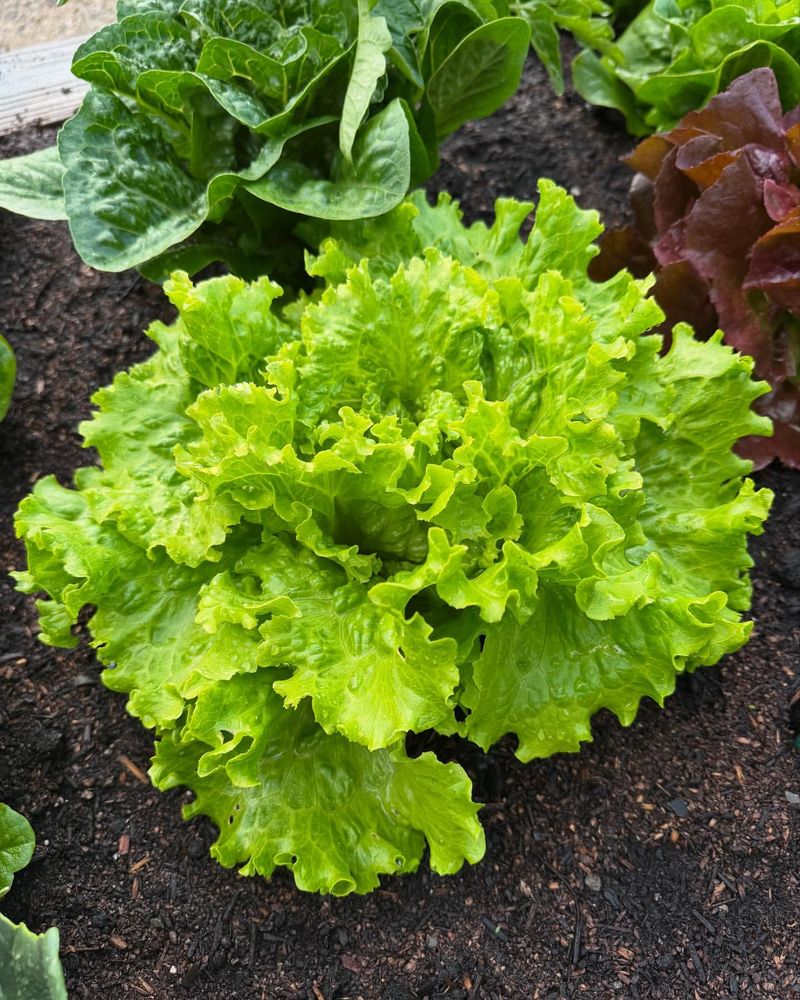
Crisp and refreshing, lettuce varieties flourish in Georgia’s gentle winter conditions. Unlike the bitter, bolting lettuce of summer, winter-grown lettuce maintains sweet flavors and tender textures throughout the cool season.
Choose loose-leaf varieties for cut-and-come-again harvesting. Georgia’s mild climate means you can enjoy fresh, homegrown lettuce for holiday meals and continue harvesting well past Christmas into the new year.
7. Brussels Sprouts
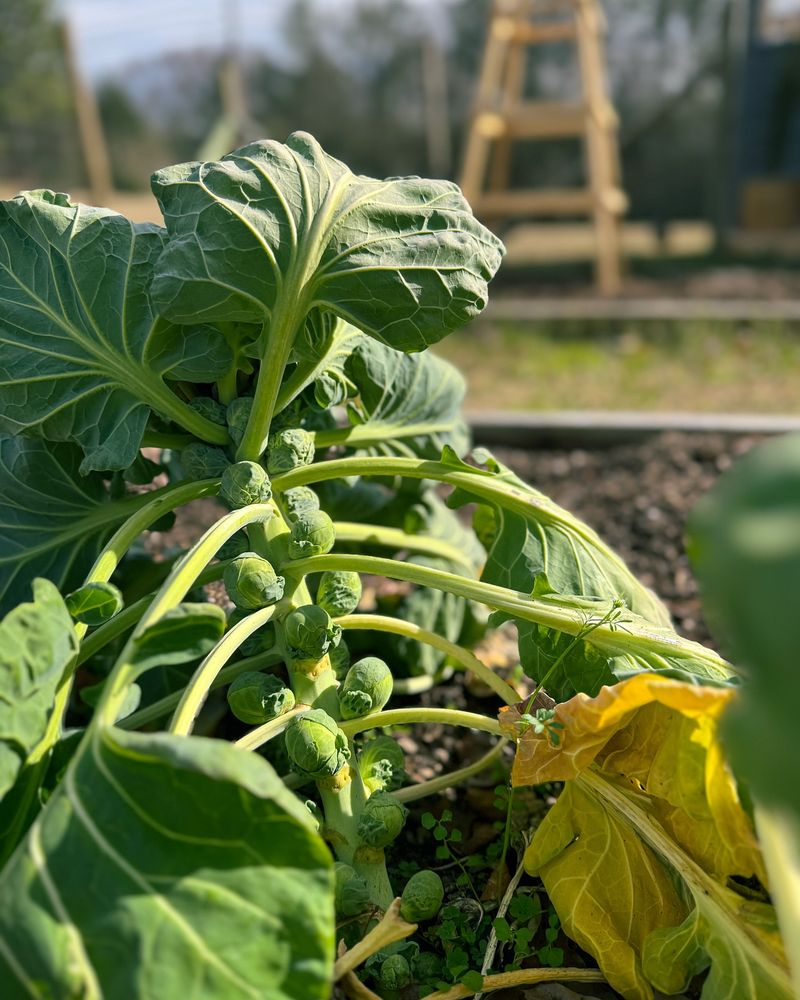
Statuesque and striking, Brussels sprouts need a long growing season to develop their characteristic mini-cabbage heads. Georgia’s extended fall provides just enough time for these festive vegetables to mature for holiday feasting.
Plant them immediately for Christmas harvest. Throughout Georgia, gardeners find that cooler temperatures improve flavor, making these often-maligned vegetables surprisingly sweet and nutty when freshly harvested for holiday roasting.
8. Collard Greens
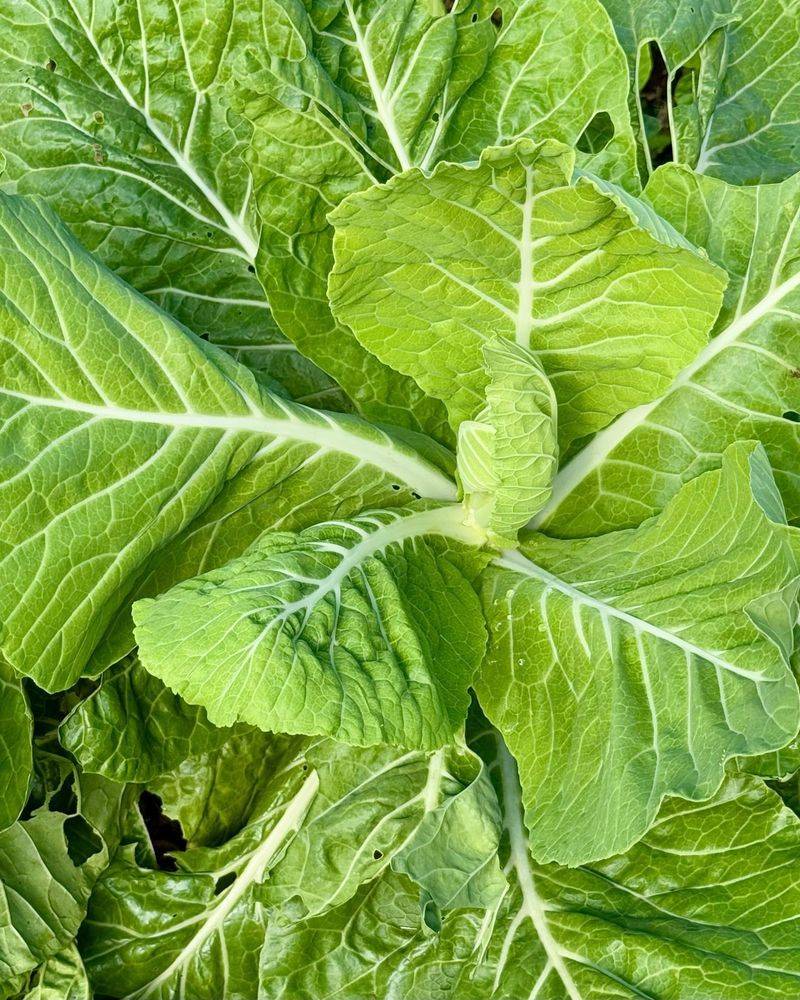
Quintessentially Southern, collard greens symbolize prosperity and are a traditional New Year’s dish. Georgia’s climate allows these nutritional powerhouses to grow all winter, becoming sweeter after each frost touches their blue-green leaves.
Plant now in rich soil for continuous harvesting. Across the Peach State, families rely on homegrown collards for holiday meals, picking the lower leaves as needed while the plant continues growing upward through the winter months.
9. Turnips
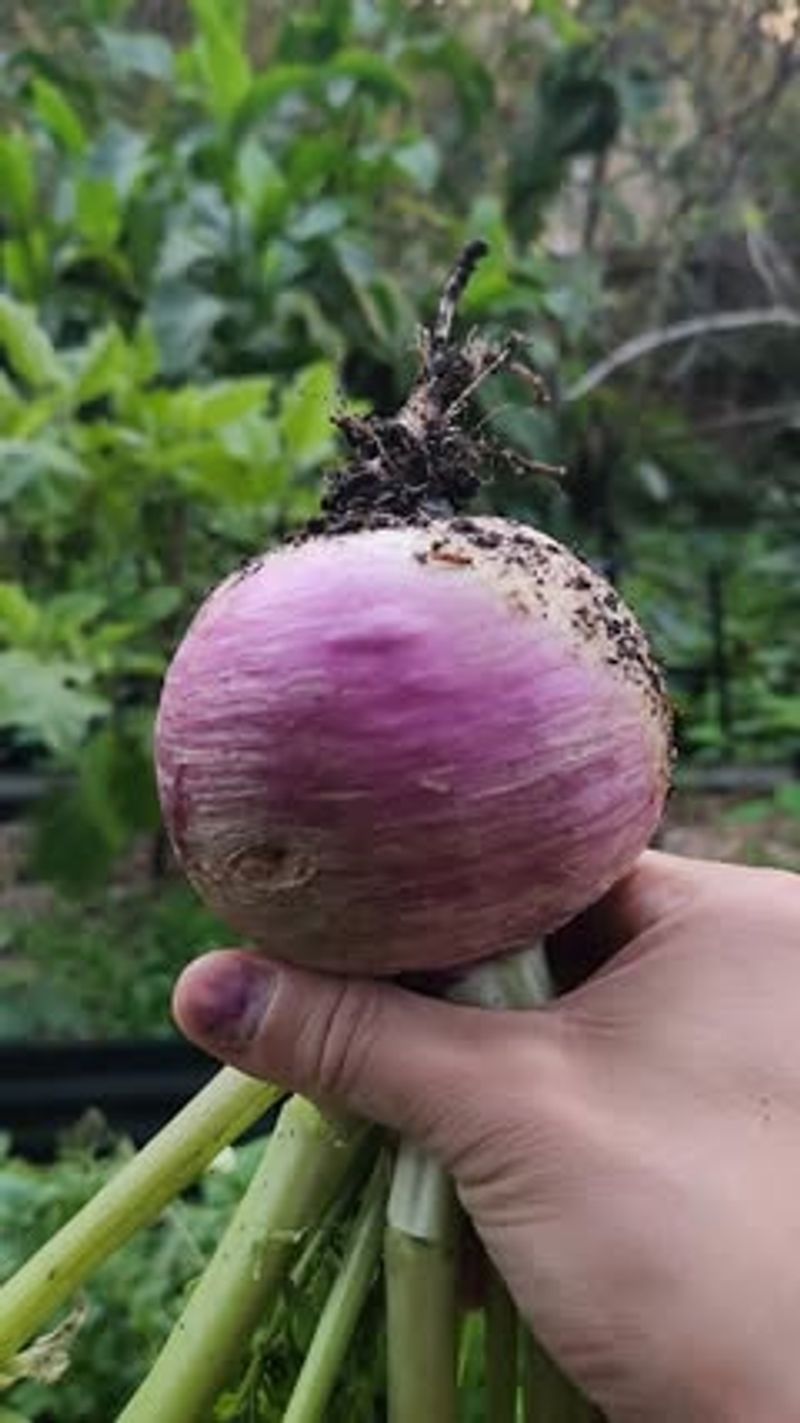
Dual-purpose and dependable, turnips provide both nutritious roots and vitamin-rich greens from the same plant. Georgia gardeners appreciate this vegetable’s efficiency and cold tolerance during the winter months.
Sow seeds directly now for Christmas harvest. Throughout the Peach State, turnips thrive in cooling temperatures, developing sweet, tender roots below ground while producing multiple harvests of tasty greens above.
10. Mustard Greens
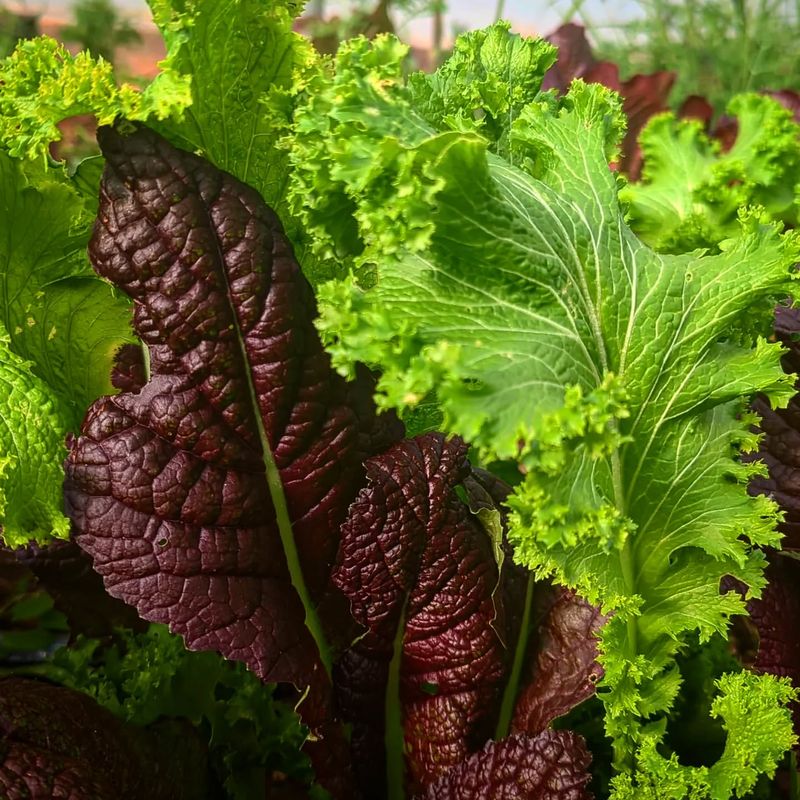
Peppery and distinctive, mustard greens bring bold flavor to winter meals. Their fast growth rate makes them perfect for Georgia’s fall planting season, providing quick returns on garden space.
Direct sow now for repeated cuttings through December. Georgia’s moderate winters allow these spicy greens to thrive without bolting, giving holiday tables a traditional Southern accent that connects celebrations to the region’s agricultural heritage.
11. Swiss Chard
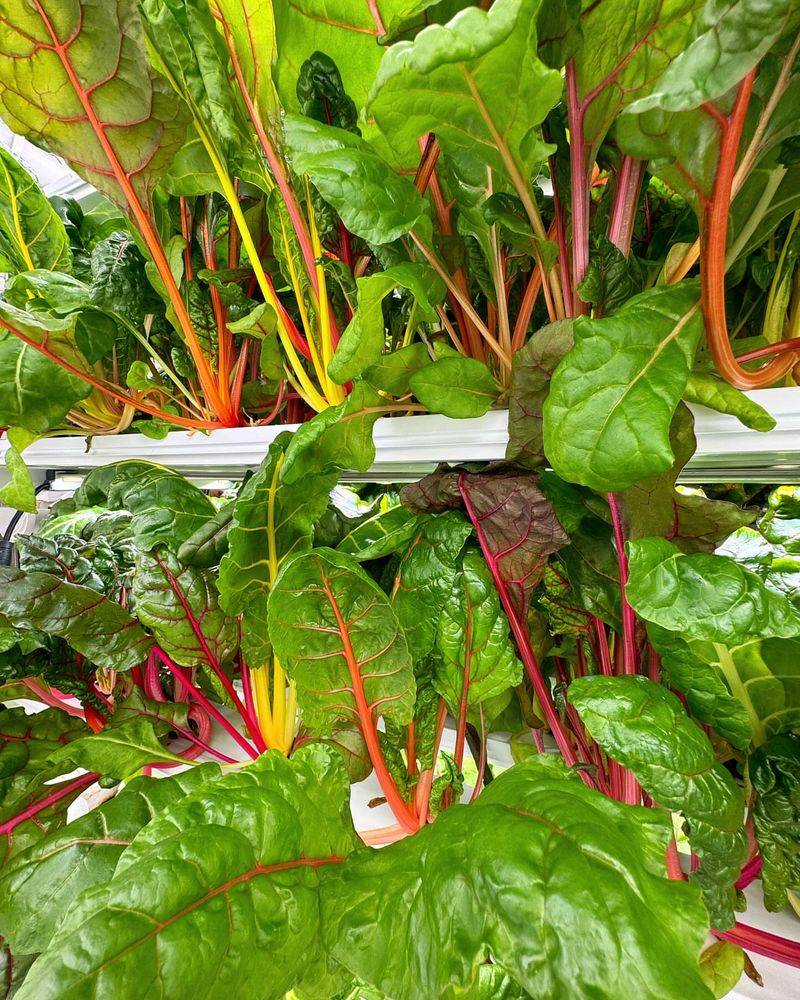
Colorful and resilient, Swiss chard brightens winter gardens with its rainbow stems and glossy leaves. This nutritional powerhouse continues producing through Georgia’s mild winters with minimal protection.
Plant now for months of continuous harvesting. Georgia gardeners love how this Mediterranean native adapts to the state’s climate, providing fresh greens for holiday tables while adding ornamental value to winter vegetable beds.
12. Beets
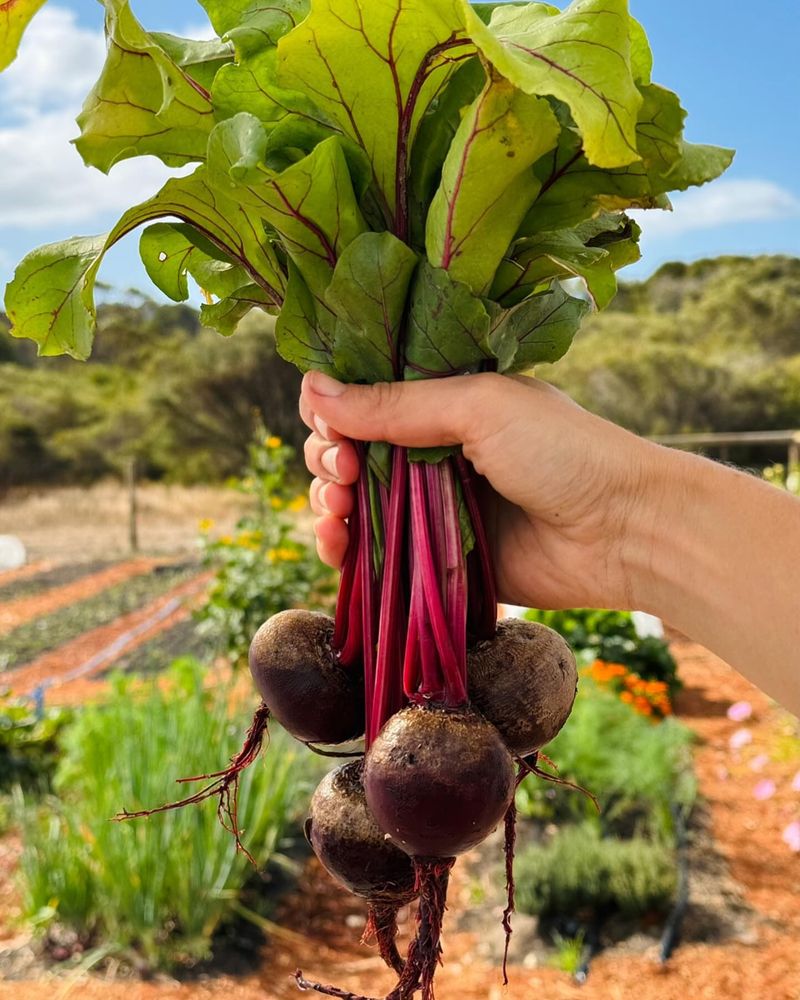
Sweet and earthy, beets develop exceptional flavor during Georgia’s cool season. Both the roots and tops are edible, offering two harvests from one plant throughout the winter months.
Sow seeds now in loose, well-prepared soil. Georgia’s climate allows beets to develop without stress, resulting in tender, jewel-toned roots that bring vibrant color and nutrition to holiday meals.
13. Cabbage
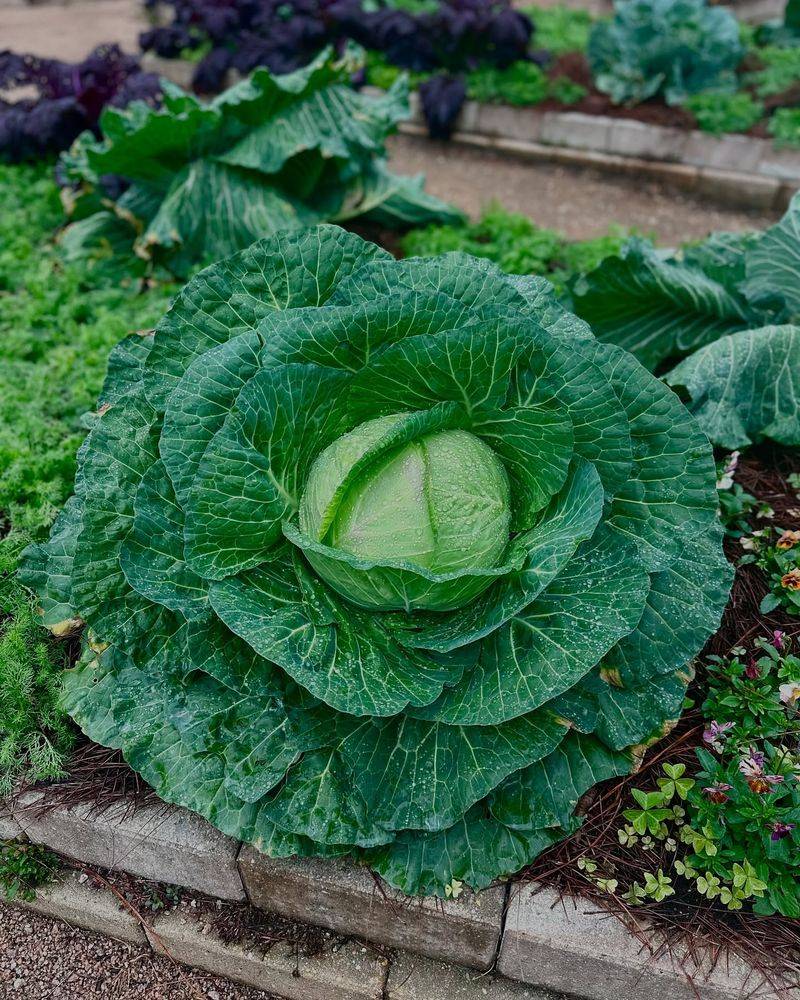
Dense and satisfying, cabbage forms tight heads during Georgia’s cooler months. Fall-planted cabbage develops sweeter flavor than spring crops, making winter-harvested heads perfect for holiday slaws and casseroles.
Start with transplants now for perfect timing. Throughout Georgia, gardeners find that cabbage thrives in the moderate winter conditions, producing crisp, flavorful heads that store well after harvest.
14. Garlic
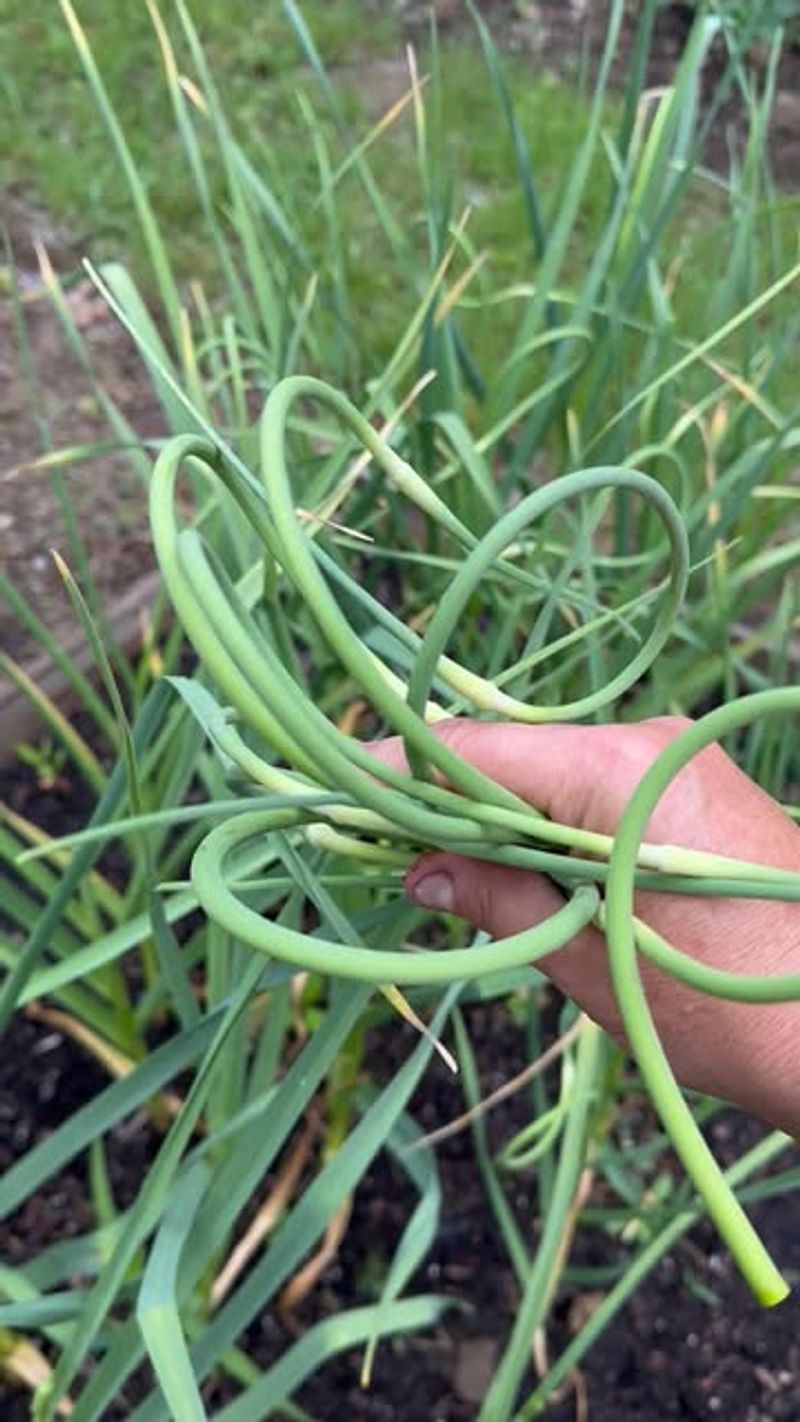
Patient and rewarding, garlic needs to be planted in fall for harvest next summer. However, the tender green shoots can be snipped sparingly throughout Georgia’s winter for a mild garlic flavor in holiday dishes.
Plant cloves now, pointed end up. Georgia’s climate provides the perfect cold period for garlic to develop properly, and though full bulbs won’t be ready by Christmas, the green garlic shoots make a special winter treat.
15. Parsley
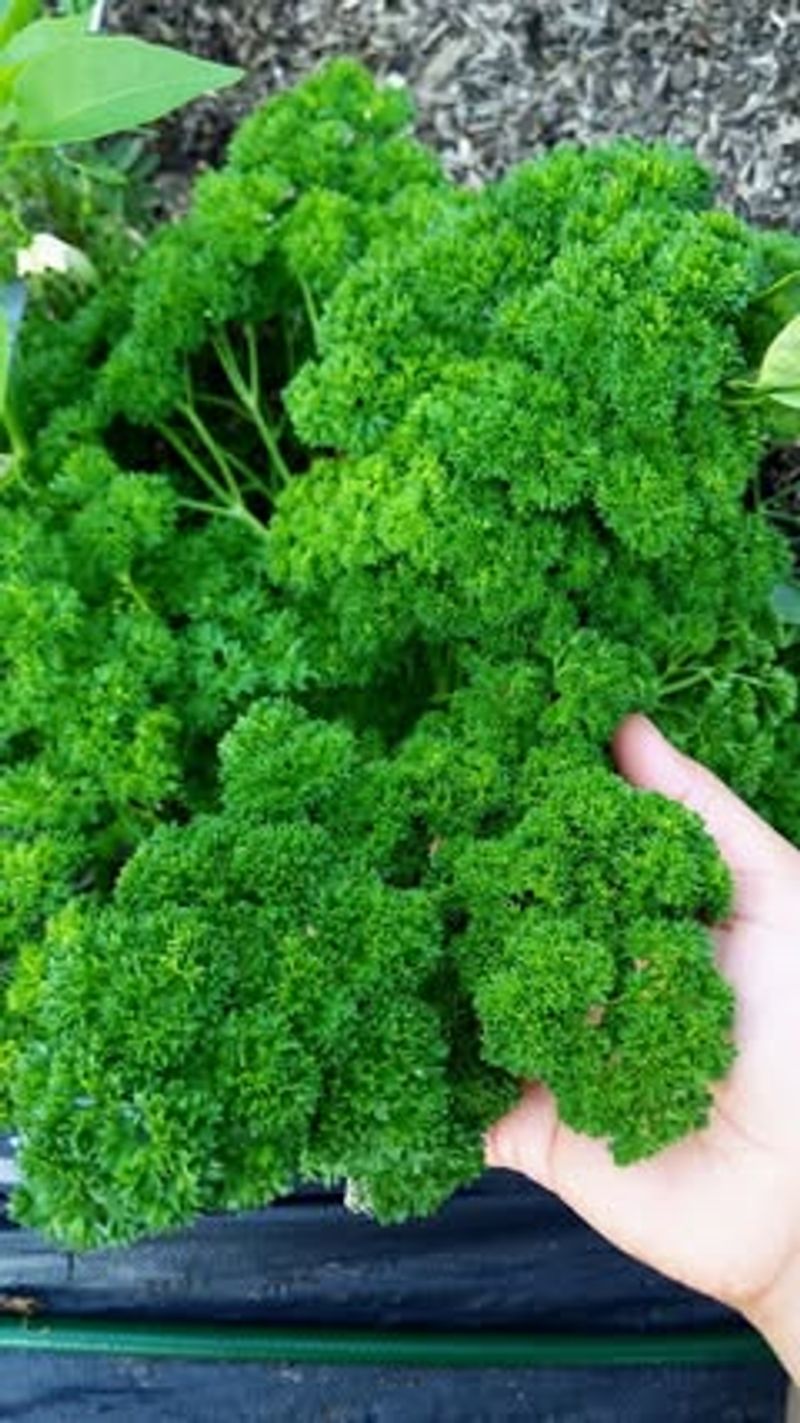
Bright and versatile, parsley remains productive throughout Georgia’s mild winters. This biennial herb actually prefers cool weather, developing richer flavor than summer-grown plants.
Start seeds or transplants now in rich soil. Georgia gardeners find that parsley continues producing fresh leaves for holiday garnishes and recipes all winter, adding a pop of green to Christmas plates.
16. Cilantro
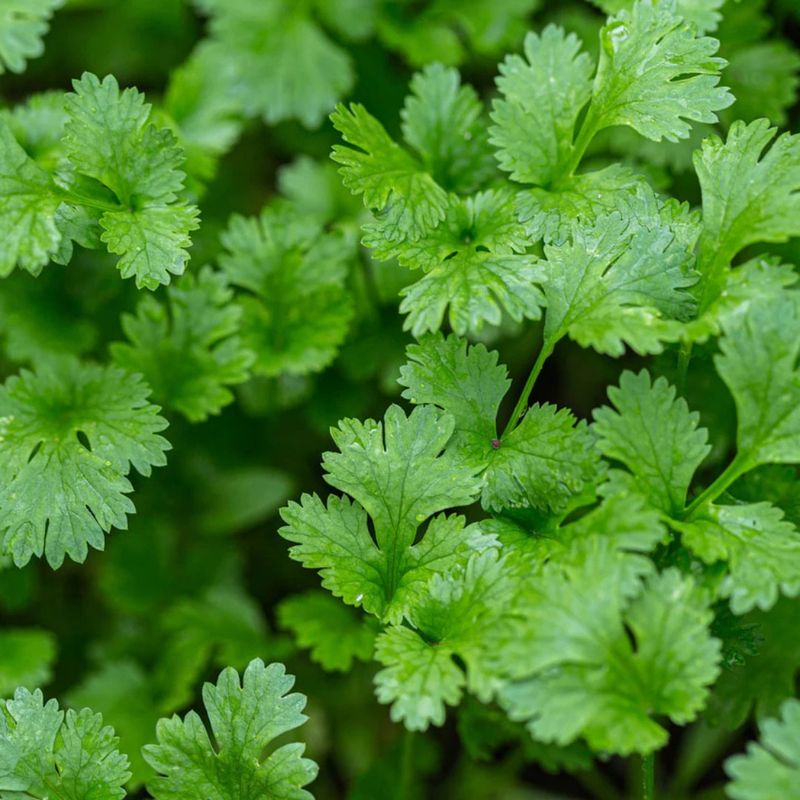
Aromatic and distinctive, cilantro thrives in Georgia’s cool season. Unlike summer plantings that quickly bolt to seed, fall-planted cilantro remains leafy and productive throughout the winter months.
Direct sow seeds now for holiday harvests. Georgia’s moderate winter temperatures create perfect conditions for this heat-sensitive herb, providing fresh sprigs for Christmas salsas, soups, and festive Mexican-inspired holiday dishes.
17. Leeks
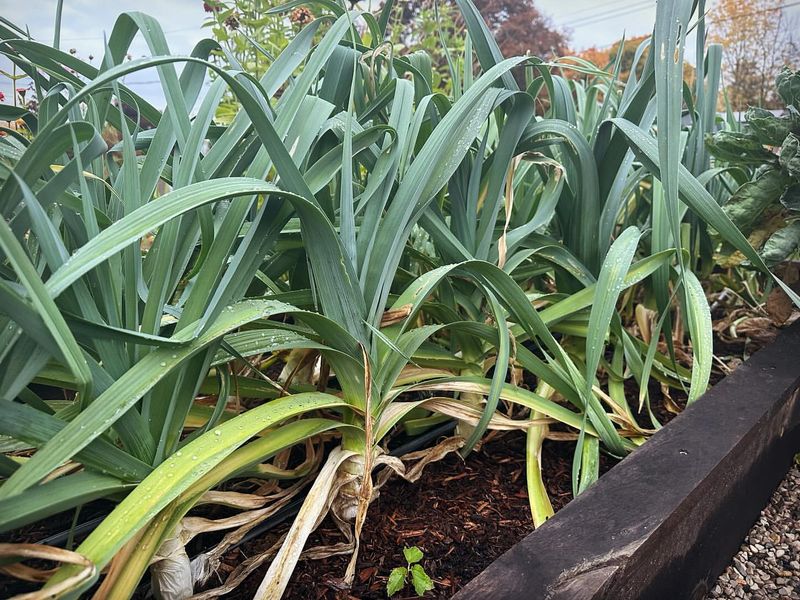
Elegant and mild-flavored, leeks develop slowly during Georgia’s winter months. Their tolerance for cold makes them reliable producers even when temperatures occasionally dip below freezing across the state.
Start with transplants now for best results. Georgia gardeners appreciate how these aristocrats of the onion family continue growing through December, providing essential flavors for holiday soups, stews, and potato dishes.
18. Cauliflower
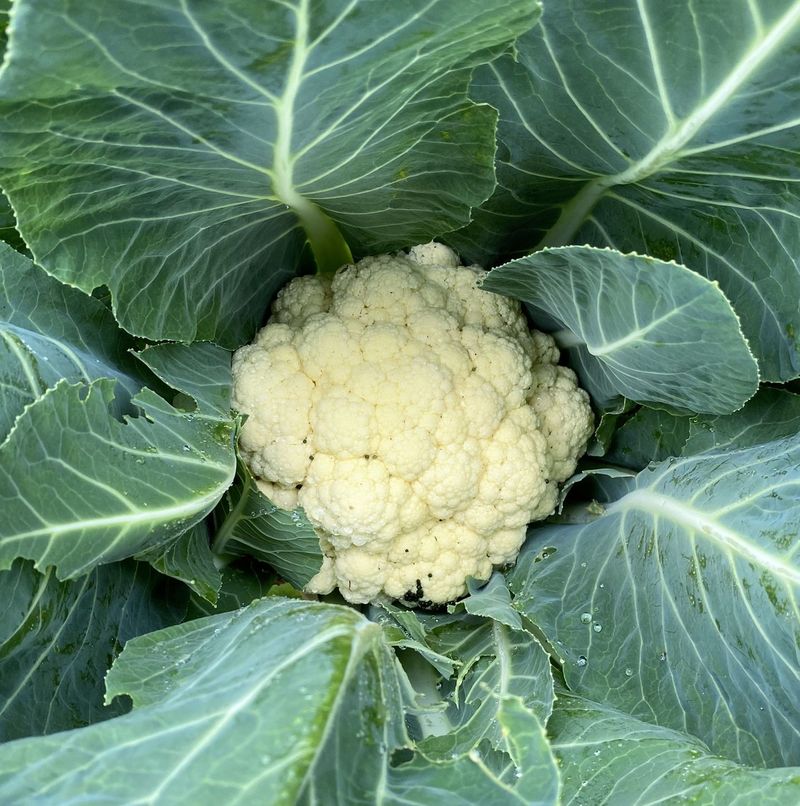
Challenging yet satisfying, cauliflower rewards Georgia gardeners with pristine white heads during winter. The cooling temperatures help develop tight curds without the discoloration that heat can cause.
Plant transplants immediately for Christmas harvest. Throughout Georgia, winter-grown cauliflower develops exceptional flavor and texture, making a spectacular addition to holiday vegetable platters or roasted for festive side dishes.


